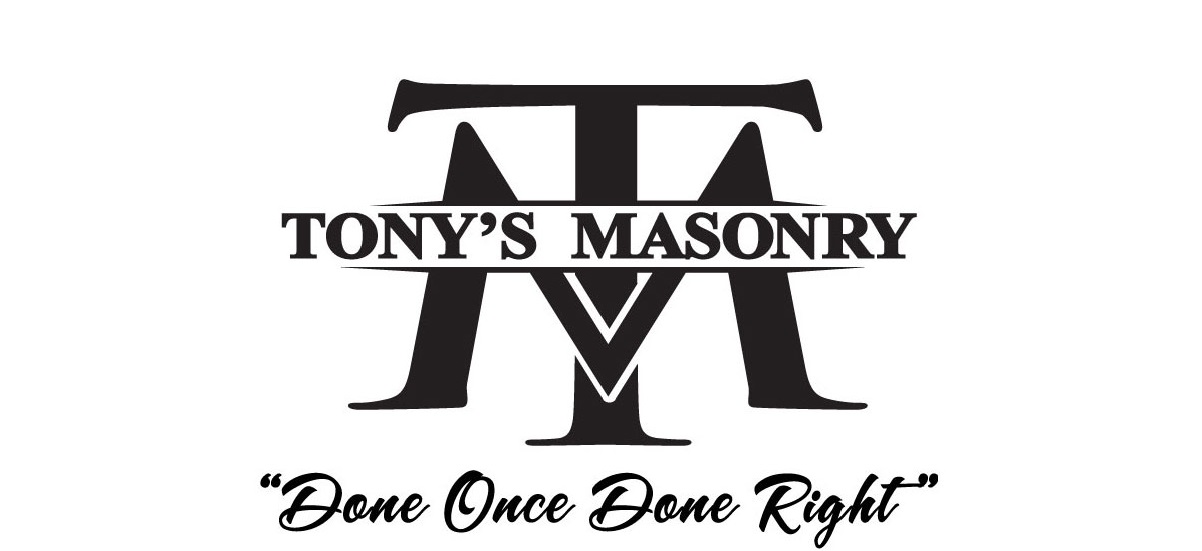
Concrete is arguably one of the most versatile building materials currently in use. It is basically a mixture of cement, stone (aggregates) and sand. It is highly adaptable because the properties of concrete, such as hardness, setting time, strength, heat of hydration can be modified according to the type of structure to be designed, by changing the ratio of the constituents of the concrete mix.
Concrete slabs are horizontal flat slabs made of concrete, which support the singular on them. They are used to make floors (supporting the foundations deep below the soil), construct sidewalks, support the patio area, etc. The strength and durability accounts to the widespread usage of concrete slabs as flat, load bearing surfaces.
Concrete mix, when exposed to air, can settle quickly. Any delay during finishing or final toweling can result in an uneven surface, and can also lead to internal failure and cracking of the slab. They need to be set quickly and with precision, which requires expertise and experience, and concrete slab contractors are commissioned to undertake the job. They bring the required manpower, materials and expertise to the job, hence performing the task in a professional manner.
The physical properties of concrete slabs differ according to their purpose and load bearing capacities. Concrete slab contractors can precisely calculate the ratio of ingredients in the cement mix that is the most appropriate for the job, providing the required specifications. Such contractors also assist in the planning and design of concrete slabs.
Concrete slabs that are subjected to heavy loads have steel rods provided in the framework for added strength. They are called reinforced slabs, and the layout of reinforcing steel is of two main categories: one-way slabs and two-way slabs. One-way slabs have steel reinforcement along one direction only, while two-way slabs have reinforcement along both transverse and perpendicular directions.
The process of slab construction is of two types – prefabricated and on-site:
Prefabricated slabs are built in factories and transported to the construction site. They have to be of exact dimensions as planned; otherwise they won’t fit the structure on which they are to be placed.
On-site slabs are fabricated on the construction site. A skeleton boxing arrangement, also called formwork, is designed according to the slab dimensions and wet concrete is poured into it. The formwork is removed when concrete hardens.
If you’re seeking for professional masonry services for concrete slab construction, call Tony’s Masonry at (718) 356-4437.
